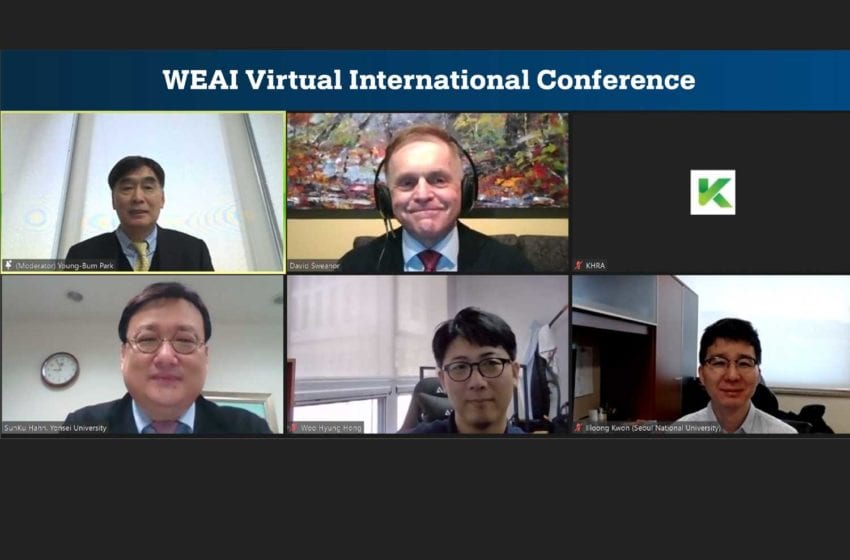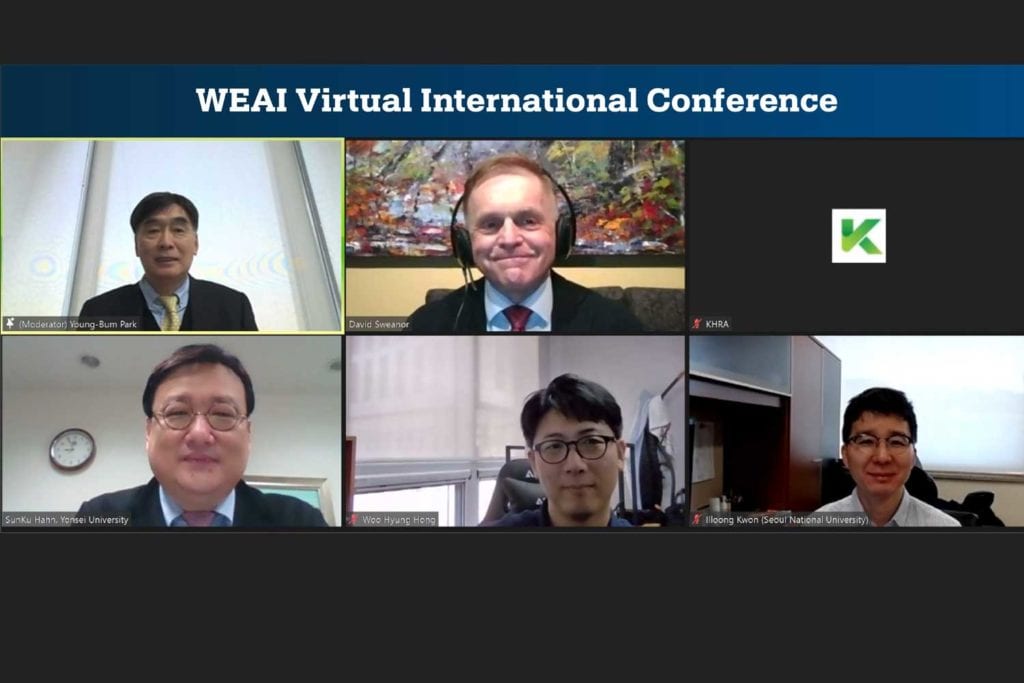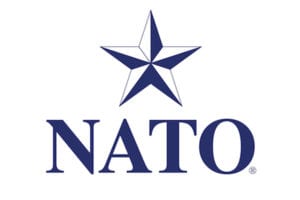 The U.S. National Association of Tobacco Outlets (NATO) is celebrating its 20th anniversary this month, reports CStore Decisions. The organization was founded in 2001 to fill a need for a national association that served tobacco outlet stores but has expanded to include every category of retail store that sells tobacco products.
The U.S. National Association of Tobacco Outlets (NATO) is celebrating its 20th anniversary this month, reports CStore Decisions. The organization was founded in 2001 to fill a need for a national association that served tobacco outlet stores but has expanded to include every category of retail store that sells tobacco products.
NATO’s mission is to improve business conditions for retailers that sell tobacco in the U.S. while providing information to members on federal, state and local regulations and laws that pertain to the sale, advertising, promotion, regulation and taxation of tobacco products.

For convenience stores, there is a need for up-to-date information on local, state and federal legislation as well as FDA regulations. NATO has a special expertise on each of these levels of government, which is beneficial to the convenience store segment.
Thomas Briant, executive director, NATO
The association also offers retailers information on how best to comply with various regulations and laws as well as how to respond to proposed regulations. NATO’s membership comprises more than 62,000 retail stores (tobacco stores, convenience stores, service stations, grocery stores, liquor stores and corner retail markets).
NATO counts nearly 30 manufacturers from every segment of the tobacco industry and numerous wholesalers among its members. “For convenience stores, there is a need for up-to-date information on local, state and federal legislation as well as FDA regulations,” said Thomas Briant, executive director of NATO. “NATO has a special expertise on each of these levels of government, which is beneficial to the convenience store segment.”

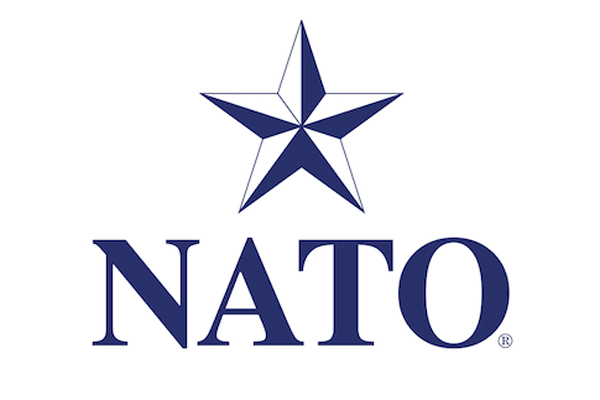

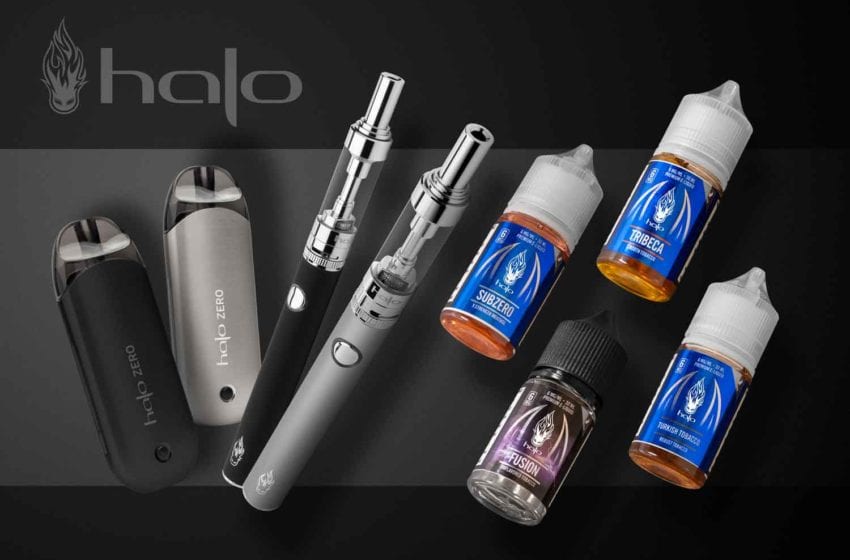
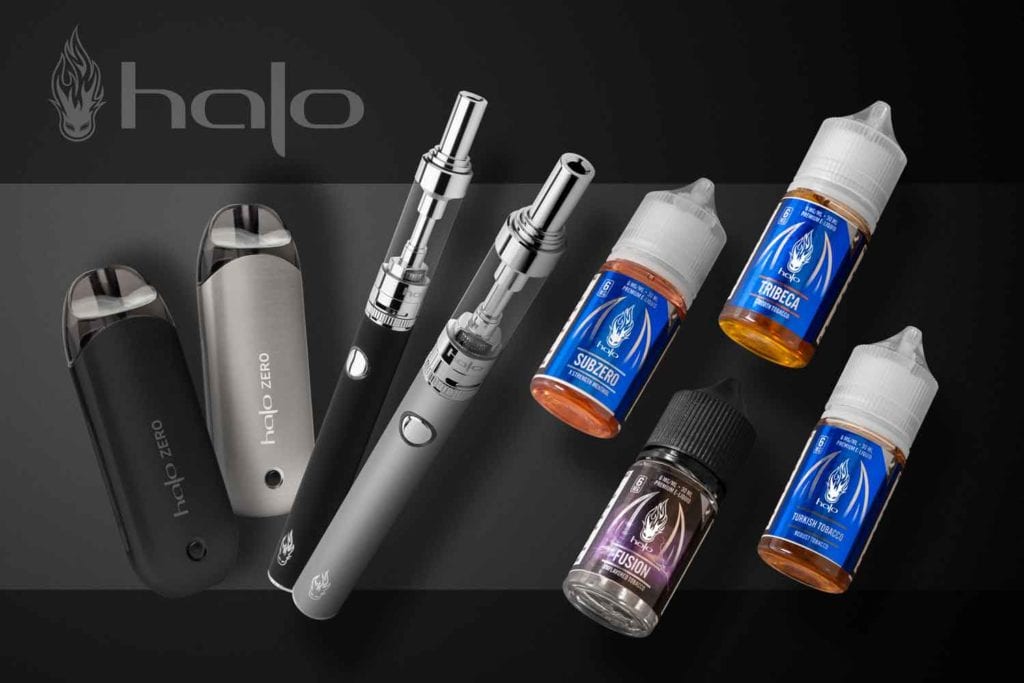

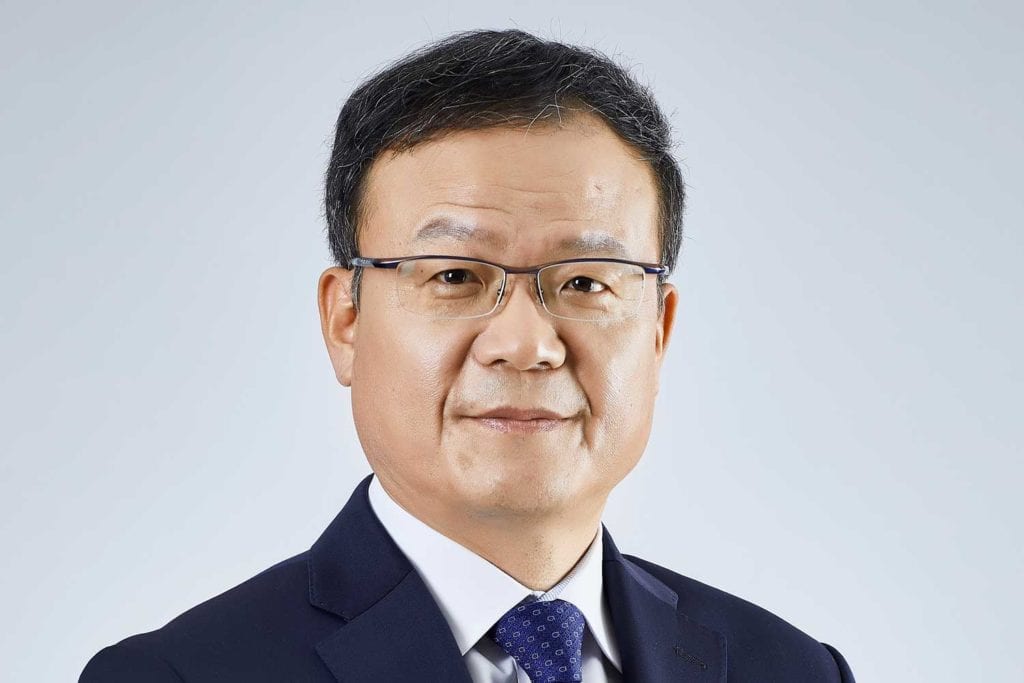
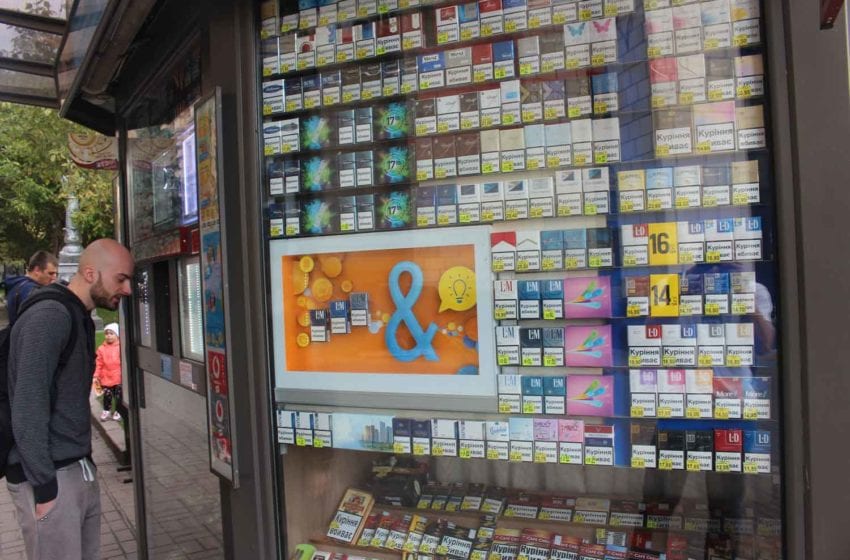
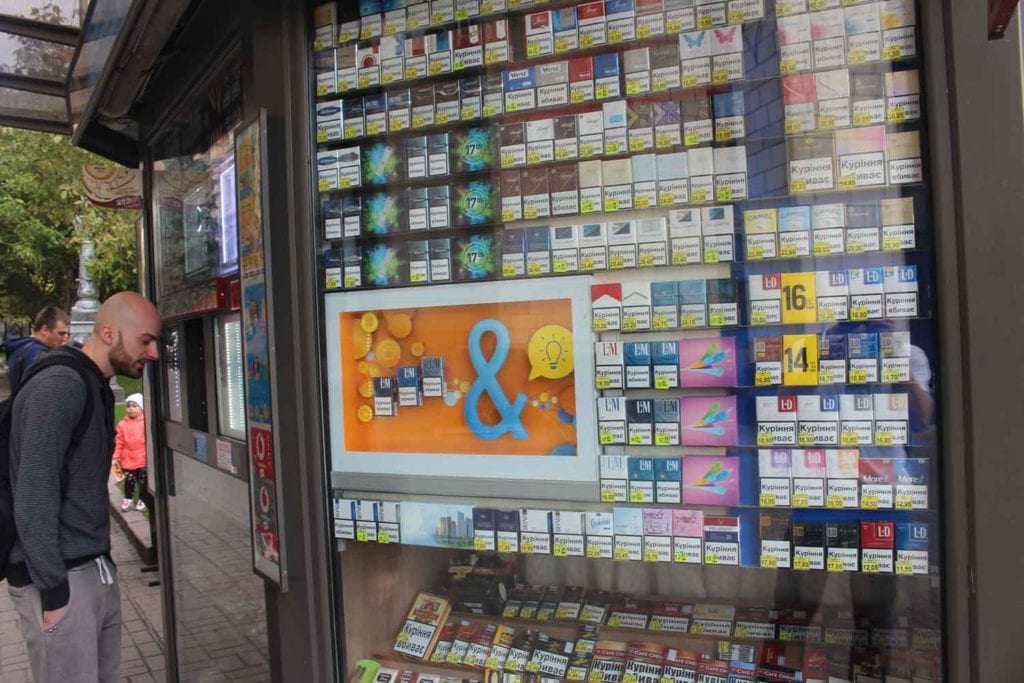
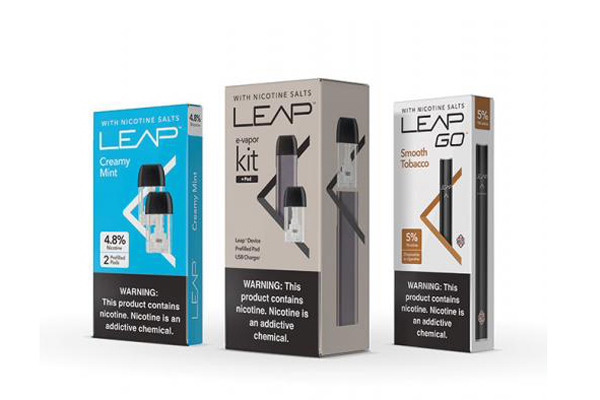






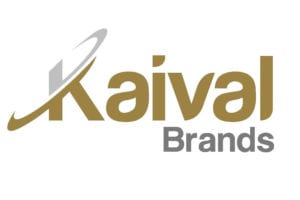 Kaival Brands Innovations Group reported significant revenue and profitability milestones in the quarter ended Jan. 31, 2021. The company achieved a cumulative $100 million in revenues since it commenced business operations in March 2020, despite revenue slowdowns during the fourth quarter of 2020 due to packaging and labeling updates.
Kaival Brands Innovations Group reported significant revenue and profitability milestones in the quarter ended Jan. 31, 2021. The company achieved a cumulative $100 million in revenues since it commenced business operations in March 2020, despite revenue slowdowns during the fourth quarter of 2020 due to packaging and labeling updates.